Updated Nov 25, 2024
The Complete Guide to Selecting an Air Purifier Based on Room Size
Read More
This website uses cookies to improve your experience. By continuing to use our website you are consenting to our cookie policy.

Updated Nov 25, 2024
Read More
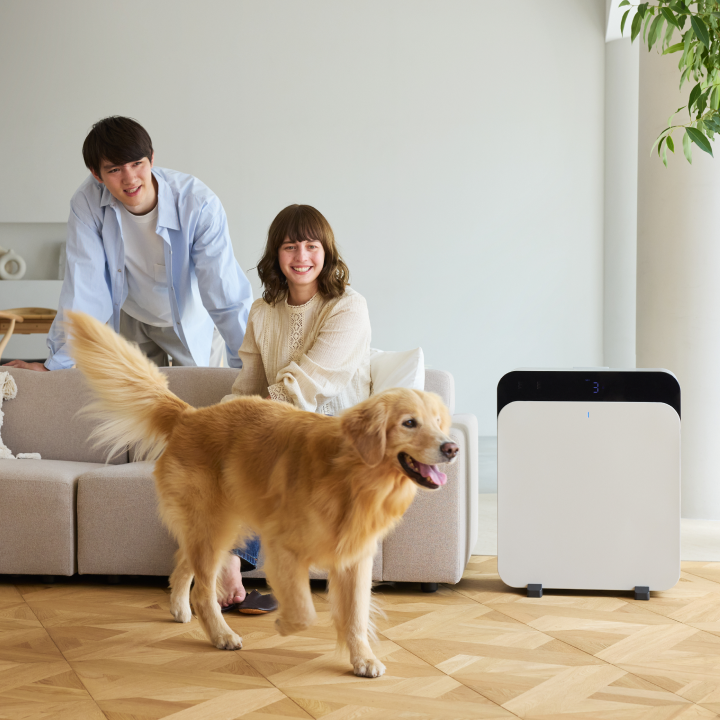
Updated Feb 28, 2025

Updated Dec 03, 2024
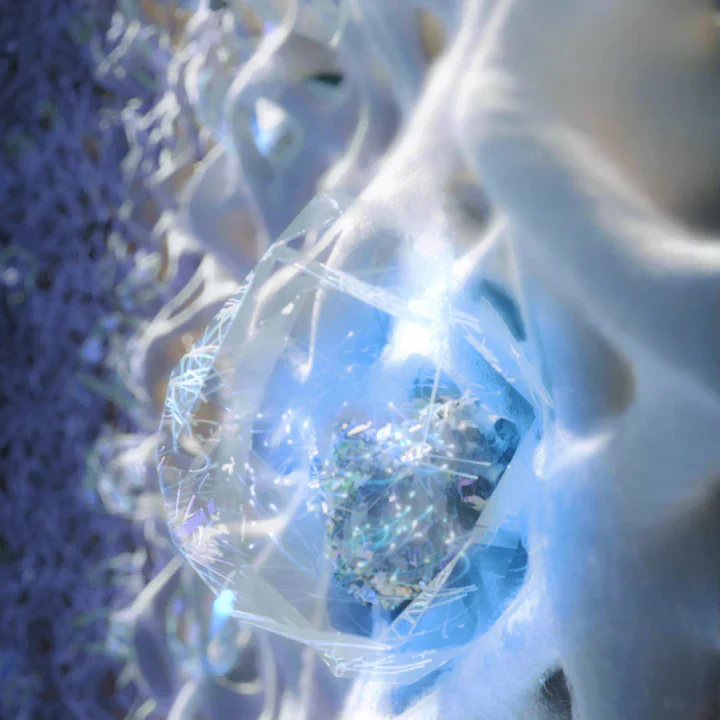
Updated Dec 04, 2024

Updated Dec 04, 2024

Updated Dec 04, 2024
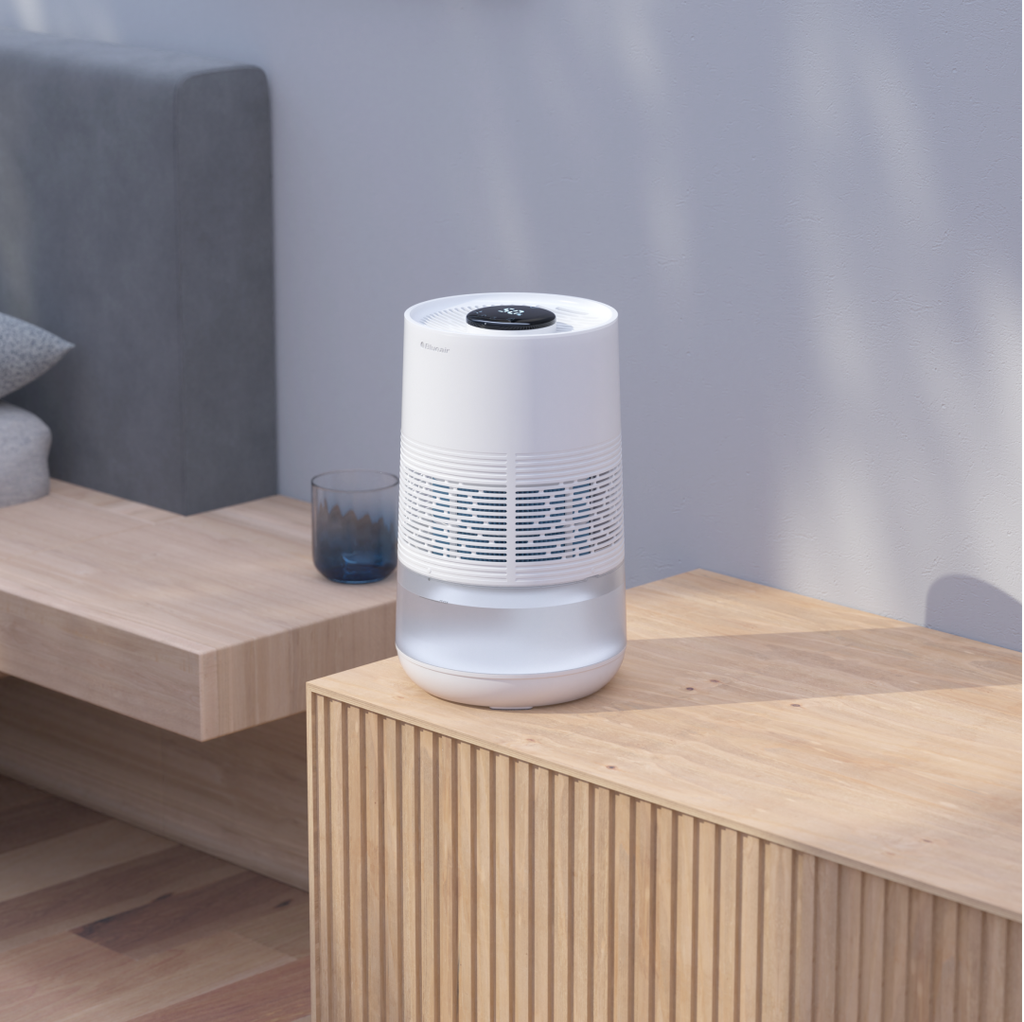
Updated Dec 04, 2024
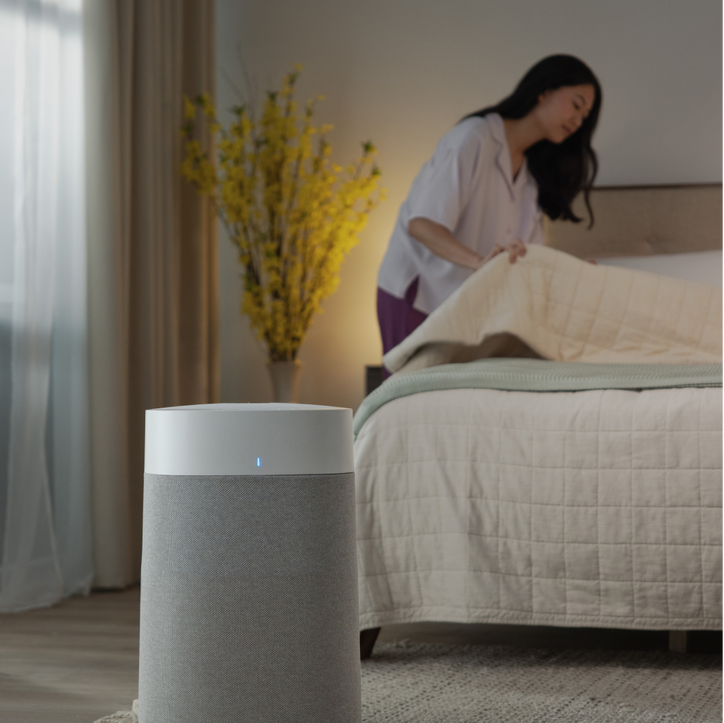
Updated Dec 04, 2024
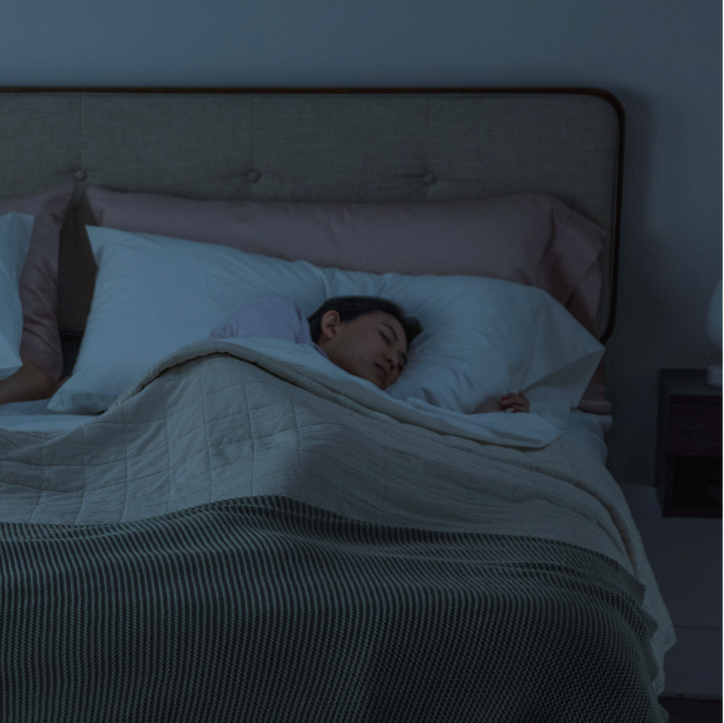
Create the perfect sleep environment by adding moisture to the air without messy mist, for a more restful night.
Updated Dec 04, 2024
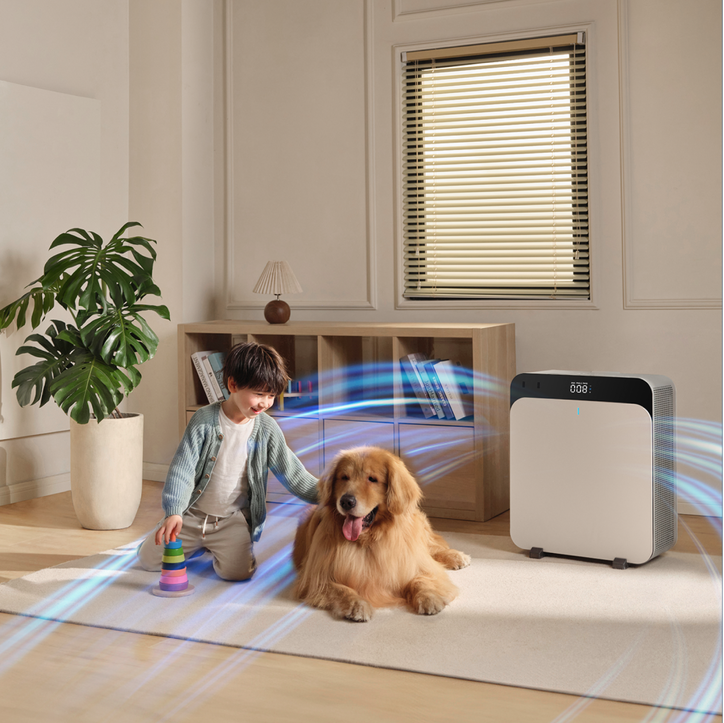
Updated Dec 04, 2024